cramp after iui good sign
 Cramping After IUI: What to Expect
Cramping After IUI: What to ExpectMeet the Team Success Prices Clinical StudiesTestimonies How to StartWho are we Help Useful InformationCOVID-19 UpdatesBook an appointment for fertility specialists inHouston Fertility Journal September 27, 2018 / by A million things can happen to your mind when you're about to have, they're considering having or have recently had an intrauterine insemination procedure, also known as an IU. In today's post, we'll cover all this and more. Before we dive into all these questions, we will first address the elephant in the room. In case they stumbled on this page, and they have no idea what we're talking about at this point. What exactly is an IUI procedure? What is an IU procedure? An IUI procedure is a form of artificial insemination where sperm is deposited directly into the uterus, thus reducing the distance that is run by the sperm. In this procedure, your doctor will remove the eggs from the female, and take a sperm donation from the male, and allow both to grow in a test tube. Once the embryos develop, your doctor will implant the embryos again in the female uterus. However, in an IUI procedure, the male sperm donation is washed and then inserted through a catheter directly into the uterus. This process helps to maximize the number of sperm cells that can reach the uterus, so there is an increase in the possibility of a female conception. What happens before an IUI procedure? Before the day of their IUII procedure, both female and male counterparts will have an examination. What your fertility specialist is looking for in these exams are things like: When it comes to your actual IUI procedure, there are two options - a medicated IUI and a natural IUI. As it sounds, a natural IUI does not involve additional medicines, and a medicine involves taking hormone recipes and/or other medications. The reason that some couples are advised to opt for a medicated IU is that you can increase your chance of success with your procedure. Since there are no two cases of equal infertility, not all couples will need a medical IU. Having a medicalized IU doesn't mean anything's wrong. It's just one more way to stack the deck on your behalf. For example, if male and female counterparts are over 35 years old, adding recipes and hormones can be able to significantly increase their chances of success. For women, their egg count and quality decrease with age, and as men grow their quality of sperm and motility also decreases. IU Procedure Day Once the doctor determines when he or she will be ovulating, his appointment will be scheduled for the procedure as close as possible to his ovulation. You will come to the fertility clinic and the male partner or donor will be instructed to provide your sperm. At this point, the sperm will be "washed." When the sperm is "washed," what is actually happening is that laboratory technicians are separating the best sperm from the sample. They are also washing the seminal fluid that should not go to the uterus. All this is done to introduce the best viable sperm to the uterus to create the most optimal conditions for conception. Think of it as cleaning the weeds to reveal only the most beautiful flowers in the garden. The female will then lie on the table in the exam room - it has been described as a sensation similar to having a blinking exam. The doctor will then slide a flexible, thin or catheter tube through his cervix and in his uterus. The main symptom mentioned in this part of the procedure is a small pinch. However, most women say it is not painful, it is simply uncomfortable. You won't need anesthesia, and the whole procedure will be completed in about five to ten minutes. After it's over, you'll rest up to 20 minutes before you get up, because a symptom that may occur in some patients is light dizziness or cramp after it's completed. What symptoms should you look for? You should do nothing extreme after the intrauterine insemination procedure. Although you don't have to take a day off work, many people do it as it can be an emotional and sometimes overwhelming experience. Giving time to your mind and body to rest after the procedure is, therefore, a good idea. It is also important not to participate in exercises that are of high intensity on the day of your IU treatment. Some experts have said their best bet is to keep a lower internal temperature to provide a better environment for implantation as well. Others have continued to say that swimming or bathing the day of an IUI procedure is a bad idea, because immersion in water the same day could increase the chances of infection. A often asked question is whether you may have or not post-IUI sex. In most cases, the answer is yes. In fact, many doctors encourage you as a child, as well as having an orgasm can make your uterus contract. This can really help the sperm to be pushed into the fallopian tubes, and ultimately the egg. However, your doctor may recommend waiting between 24 and 48 hours after the procedure for sexual intercourse. To be on the safe side, it may be a good idea to ask your doctor what activities are right, and it's not right for your case. Like with all things, it's better to be safe than to feel it. The main symptoms reported immediately after intrauterine insemination are: These symptoms are completely normal and do not occur in all patients. Do not be afraid if you do or do not have any of these symptoms. This is extremely rare, but if you have excessive bleeding or extreme pain afterwards, you should contact your doctor immediately. If you were taking hormones or fertility medications before your UII your ovaries could still be expanded. Some women have described them to feel pain or tender, and therefore they must be protected. This is another reason why taking it easy on the day of your procedure is a good idea. For some women who were on fertility prescriptions before their procedure, they feel symptoms similar to those of pregnancy after IUI is complete. These symptoms include nausea, tender breasts, increased urine, fatigue, etc. We warn you not to take this means your procedure was successful. Which leads us to the most common question we have: However, implantation is the attachment of the fertilized egg or blastocyst to the wall of the uterus - and this is the true beginning of pregnancy. The time after an IUI procedure is considered the feared two weeks of waiting. Why two weeks? This is the best time to determine whether or not the implantation has occurred, as it may take three to 12 days for the implantation to occur. And, only because the implantation has occurred does not mean that it appears immediately in a pregnancy test. Although the symptoms of implantation after IU include stains and cramps, having said symptoms do not ensure that it has been successful. It is also important to note that if you are taking fertility medications, taking a pregnancy test too soon could result in a false positive (getting a positive result that says you are pregnant, but not pregnant). Then taking one too early could result in a false negative (you get a negative result that says you're not pregnant, but in fact you are). IUI success rates By age For some women, they succeed in the first attempt. On the other hand, you can take between three and six attempts before a pregnancy occurs. Then, after the pregnancy is reached, the question becomes whether the pregnancy can be brought to term, and between 10 and 25% of all known pregnancies end in an involuntary abortion. The risk of miscarriage also increases with age and other health factors. When should you take a pregnancy test? Basic topic - you should wait 14 days before taking the first pregnancy test. Although it can be exciting, or even irritating, and you feel like you don't want to wait, it's better to do it. Waiting for the full two weeks will help you avoid the ups and downs that can come with false positives or false negatives. What if I'm pregnant? In case your pregnancy test determines you are pregnant, it is a good idea to go back to the clinic to confirm. Although you may be delighted with emotion, it is important to ensure that your test was accurate. What if I'm not pregnant? Again, it's a good idea to go back to the clinic and have a test to be sure. As we said, both false negatives and false positives have been known to occur. If you are not pregnant, and your IUI procedure was not successful, it is important not to give up hope. We understand that it can be a very painful experience to learn a procedure you wanted to work was not a success. Talk to your fertility specialist about what your next best options are. They can tell you how you can prepare to try another IUI procedure, or they can recommend alternative treatment. Many things can lead to an IU procedure being fruitless. The unfortunate reality is that there is no guarantee of achieving pregnancy, and fertility is one of those unpredictable things that cannot be given a simple answer. We don't tell you all this to scare you. You don't have to walk your infertility journey alone The journey of trying to conceive can be difficult. This is especially true if you have been treating for a while, and have been unable to achieve pregnancy. The good news is that you're not alone, and you don't have to navigate these frustrating waters by yourself. Here at the Reproductive Medicine Center located in Houston Texas, our compassionate staff understands exactly what is going on. It would be an honor to work with you, and help you along your way to try to grow or start your family. For more information on the work with CORM, contact us or visit the main offices in our . hbspt.cta._relativeUrls=true;hbspt.cta.load(2176332, '67b9188a-3129-4151-a3b7-2f954abd4672', {}; Topics: , , , Written by Subscribe to Email UpdatesLists by TopicPosts by Topic

Implantation after IUI: What Symptoms to Look For

A Day to Day Look: What Happens After IUI

Common Symptoms and What to Expect After IUI

Pregnancy Symptoms to Look For After A Successful IUI

Cramping After IUI: What to Expect
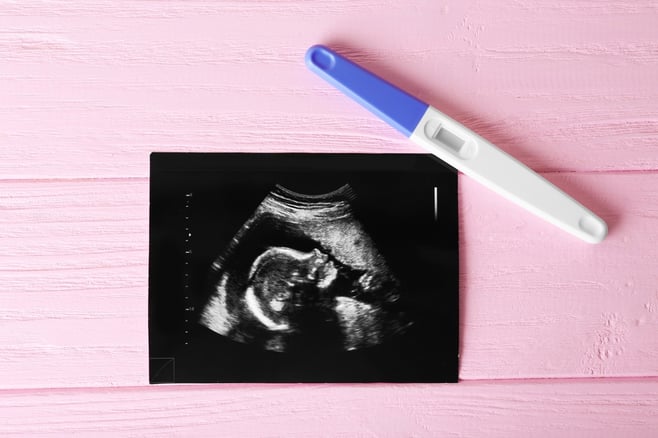
Implantation After IUI: Symptoms to Look for and What to Expect

IUI Failure: Its Causes, Symptoms and Treatments

Pregnancy Symptoms to Look For After A Successful IUI

Common Symptoms and What to Expect After IUI

What do cramps after IUI indicate?

6 Symptoms Of IUI Pregnancy You Should Be Aware Of

Cramping After IUI: What to Expect
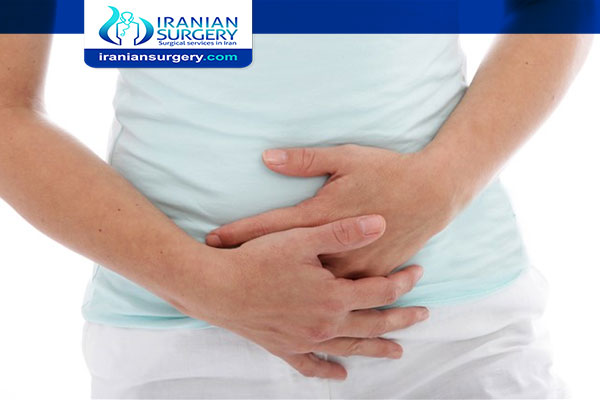
IUI success symptoms | IUI pregnancy symptoms | Iranian Surgery

Getting Pregnant With IUI: What You Need to Know - The New York Times

Cramping After IUI | LoveToKnow
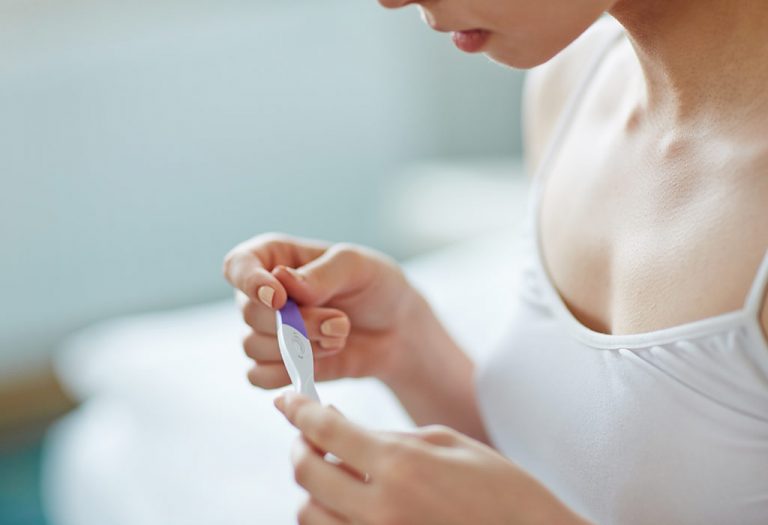
Pregnancy Symptoms to Look For After A Successful IUI

Cramping After IUI: What to Expect

When to Take Pregnancy Test After IUI: Getting Accurate Results

Implantation after IUI: What Symptoms to Look For
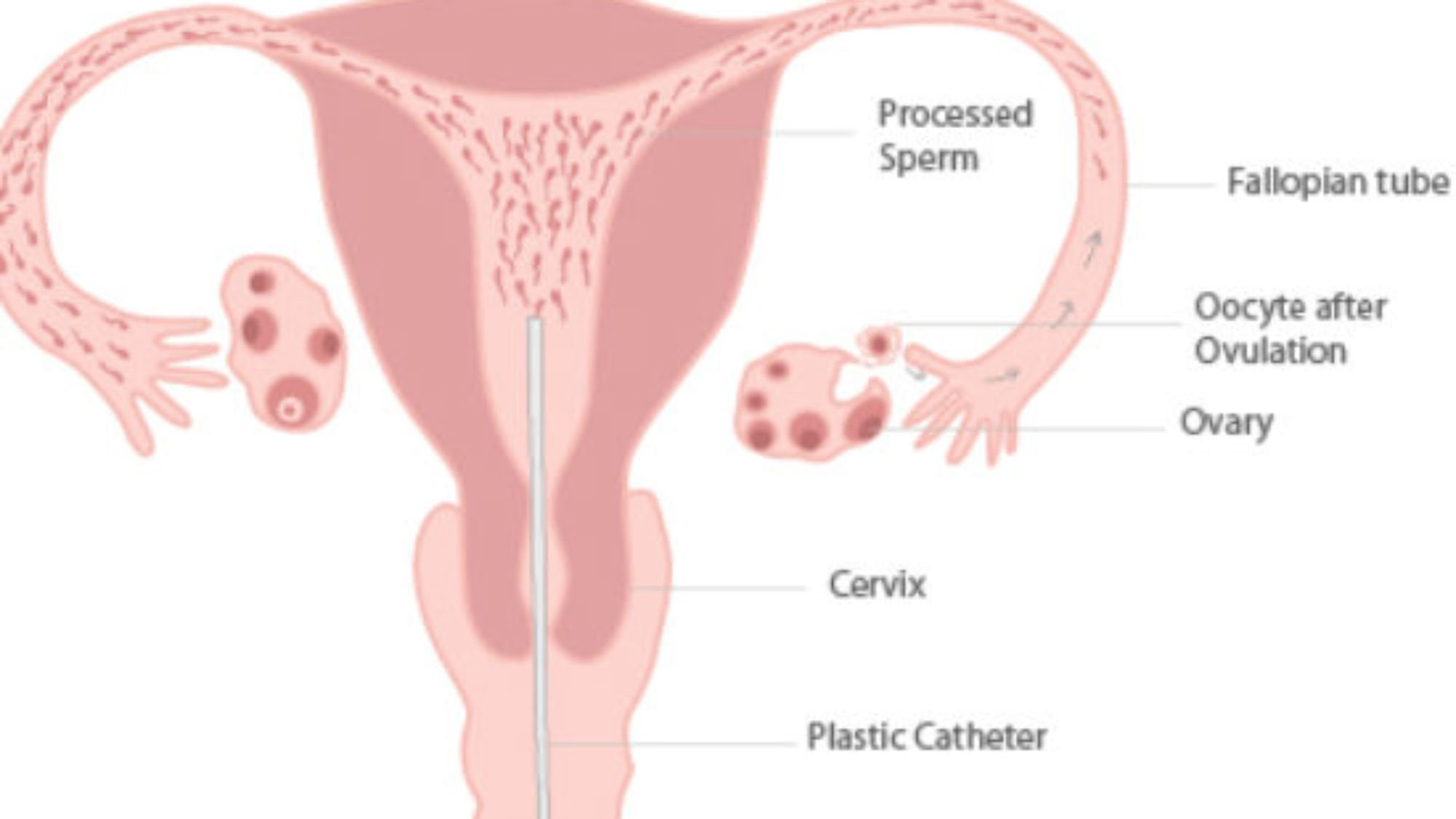
FREQUENTLY ASKED QUESTIONS ON INTRAUTERINE INSEMINATION (IUI) – Dr Gan Kam Ling

Intrauterine Insemination, Artificial insemination, IUI | IVF1

5 DPO: Early symptoms and when to take a pregnancy test
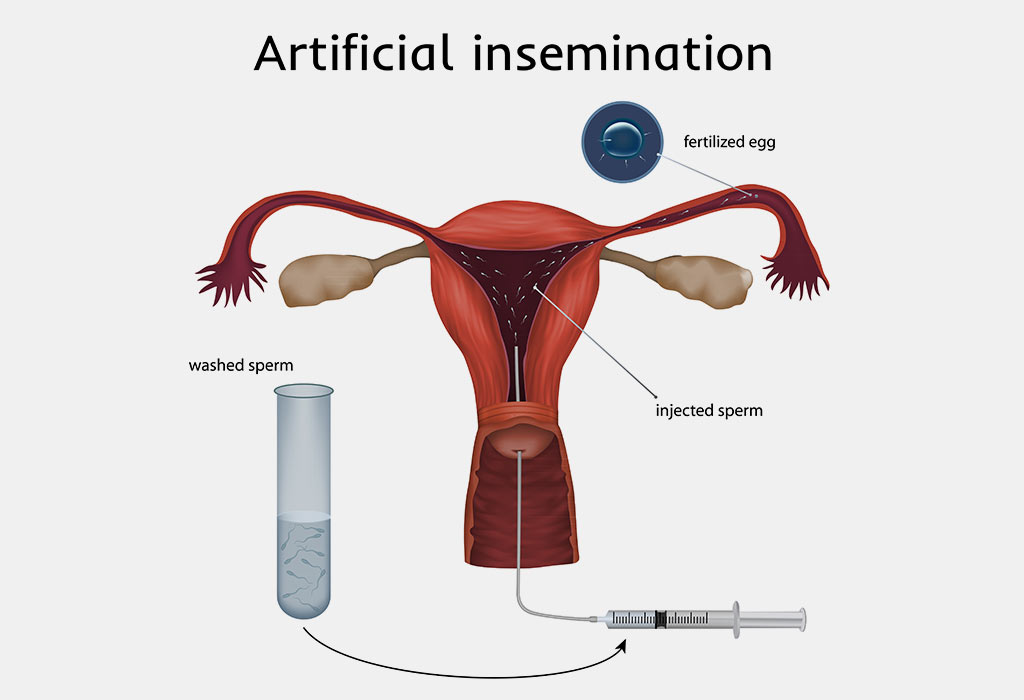
10 Useful IUI Success Tips to Get Pregnant

IUI vs Traditional Pregnancy: 4 Signs Of Pregnancy After IUI Treatment | ReUnite Rx

Success Rate of IUI Treatment | What to expect after IUI | Indira IVF
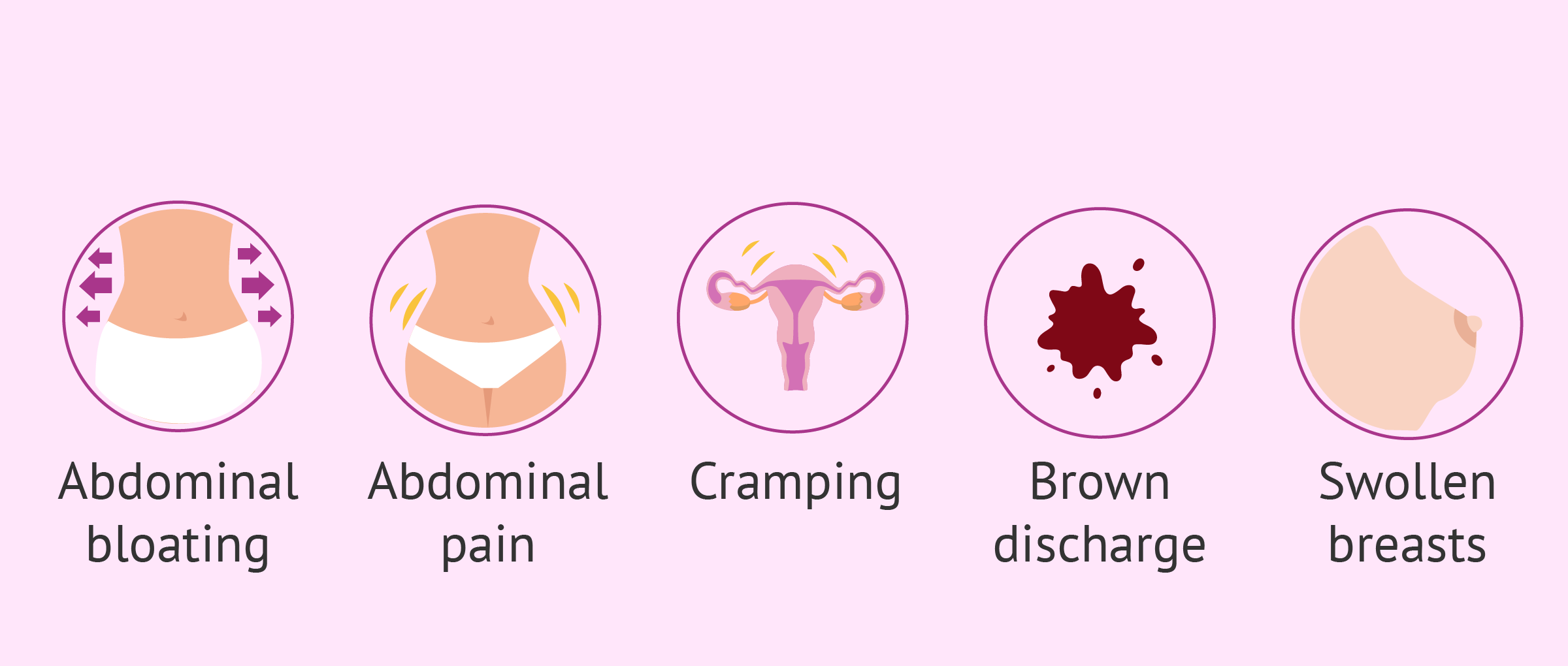
What to Expect After Intrauterine Insemination (IUI)

Common Symptoms and What to Expect After IUI

Cramping After IUI: What to Expect
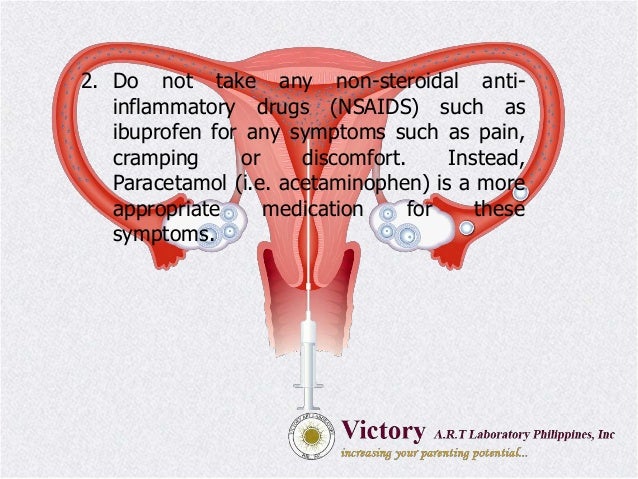
IUI Do's and Don'ts

After IUI treatment symptoms for... - Sakthi fertility | Facebook

Cramping After IUI: What to Expect

How Many Days After IUI Does Implantation Occur | ElaWoman by anoop prakash - issuu

Cramping After IUI: What to Expect
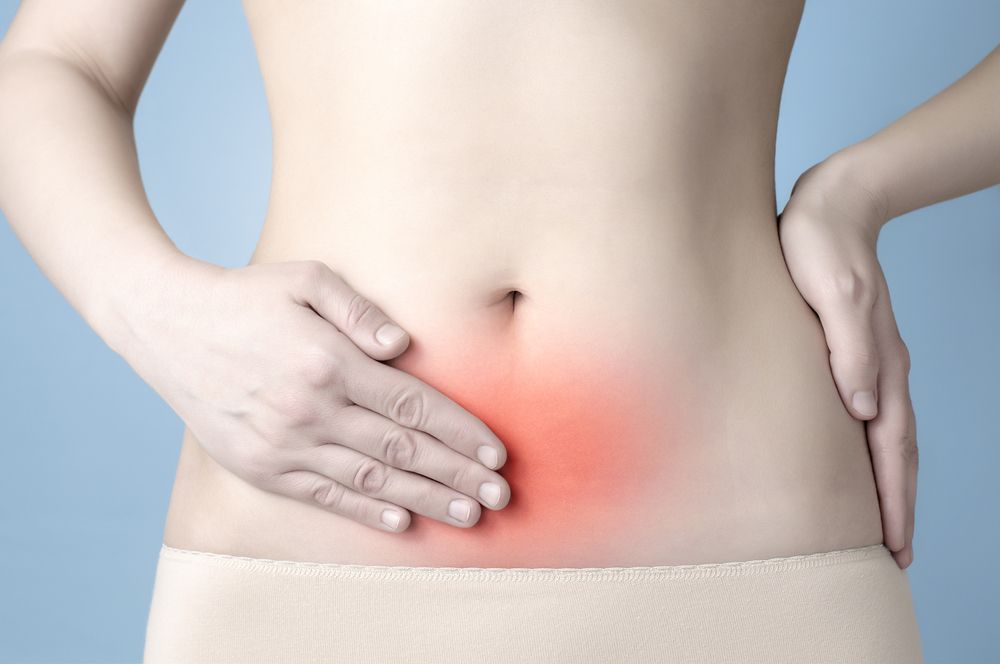
Cramping and IVF - Los Angeles, CA Center for Fertility and Gynecology

Implantation Cramping: How Long Do They Last? Should You Worry?

Progesterone After an IUI: Importance, Risks & Side Effects
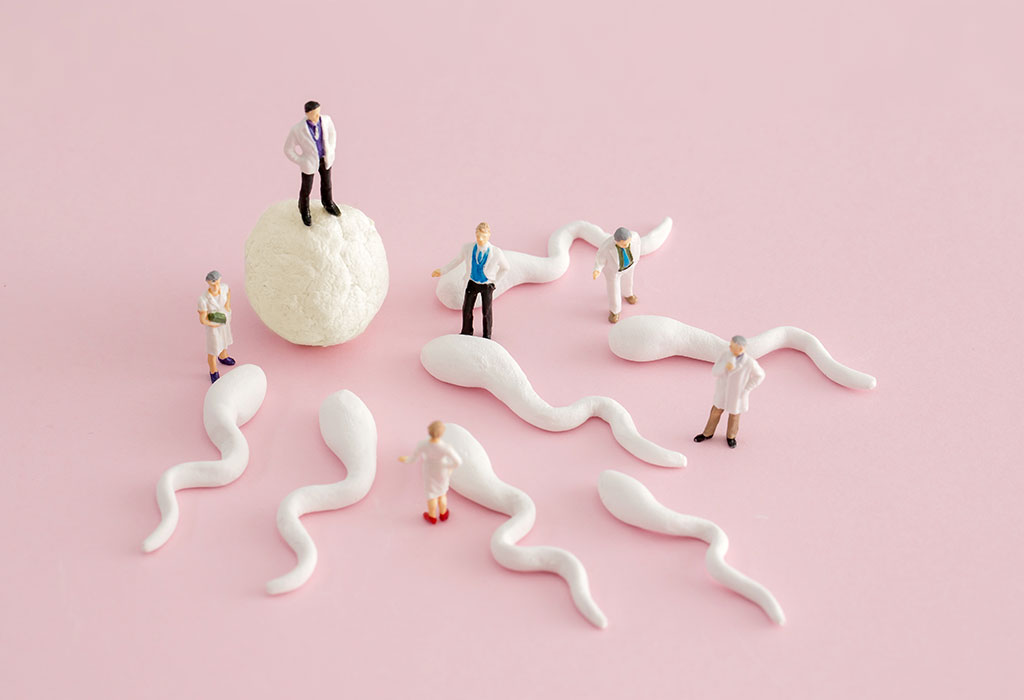
Side Effects and Complications of IUI Treatment

Cramping After IUI: What to Expect

7 days post IUI - Fertility Treatments | Forums | What to Expect
/what-is-iui-treatment-1960187_V2-3173b8680e3f4b558430273c4596dab3.png)
What Is Intrauterine Insemination (IUI)?
Posting Komentar untuk "cramp after iui good sign"